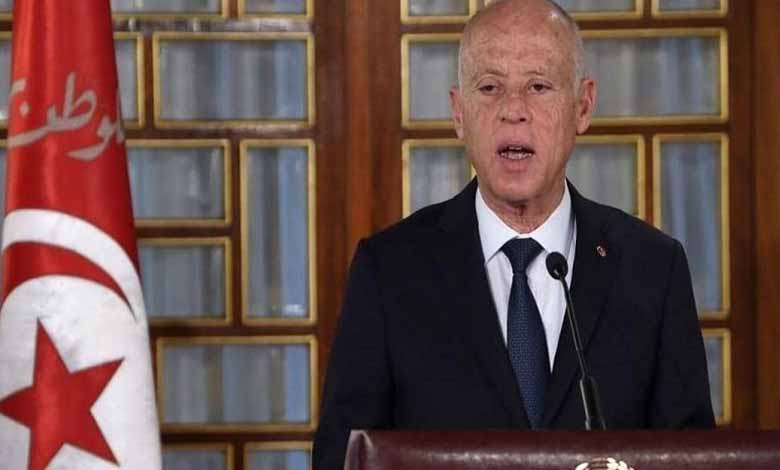Tunisia asks foreign diplomats to respect its national sovereignty

The Tunisian foreign ministry on Tuesday called on diplomatic missions in the country not to interfere in their internal affairs, citing media reports of meetings between foreign diplomats and recently arrested opposition figures.
This invitation is unique in the history of Tunisian politics, and it also indicates the extent of foreign interference in the Tunisian internal situation through meetings between opposition figures, diplomats and ambassadors. Meanwhile, Tunisian President Kais Saied has repeatedly stressed his rejection of foreign interference, accusing some of his opponents of conspiring with abroad and threatening national sovereignty.
“Tunisia is keen to facilitate the work and communication of diplomatic missions accredited to it in the service of friendly relations and cooperation with brotherly and friendly countries, in line with the provisions of the Vienna Convention on Diplomatic Relations, which stipulates that diplomats must respect the laws of the country they are accredited to and not interfere in its internal affairs,” the ministry said in a statement.
The Tunisian judiciary pursues around twenty opponents of President Kais Saied, journalists and businessmen, including National Salvation Front leader Jaouhar Bin Mubarak, businessman Kamel Eltaief, former minister Lazhar Akremi, political activist Khiyam Al-Turki, and the director of the private radio station “Mozaique FM” Noureddine Boutar.
The Ministry’s position is based on what was circulated in a number of media outlets and social media networks regarding the tracking of some individuals for their contacts with accredited diplomatic missions in Tunisia.
Local media reported that the detainees met diplomats and representatives of foreign countries in Tunisia.
Several Western countries, notably the United States, have criticized Tunisia’s political progress on the grounds that it violates democracy, while observers say the deterioration in Tunisia’s relations with several countries has led to a deterioration in its economic situation.
Tunisia is looking for a $1.9 billion loan from the International Monetary Fund (IMF), while the US ambassador in Tunis, Joey Hood, revealed last week that the United States would not grant loan guarantees to Tunisia and confirmed a decline in US military support for the Tunisian army.
Earlier this month, Ben Ammar replaced former foreign minister Othman al-Jerandi as part of a cabinet reshuffle that included several ministers from Ben Ali’s government.
Saied, who took the extraordinary measures on July 25, 2021, describes some of those accused as “terrorists and conspiring to undermine the internal and external security of the state.” The Tunisian judiciary has not yet issued the charges against them.
Saeed seeks to establish his political project based on a presidential system and put an end to the parliamentary system established after the 2011 revolution that toppled a dictatorship and set the country on the path to a unique democratic transition in the region, in what came to be called the “Arab Spring”.
“In July 2022, a new constitution was adopted after a popular referendum, which included limited powers for the parliament in exchange for the president’s majority in executive power, including the appointment of the government and its president.”
Earlier this year, parliamentary elections were held in which 11% of Tunisians took part to further centralize constitutional institutions.












